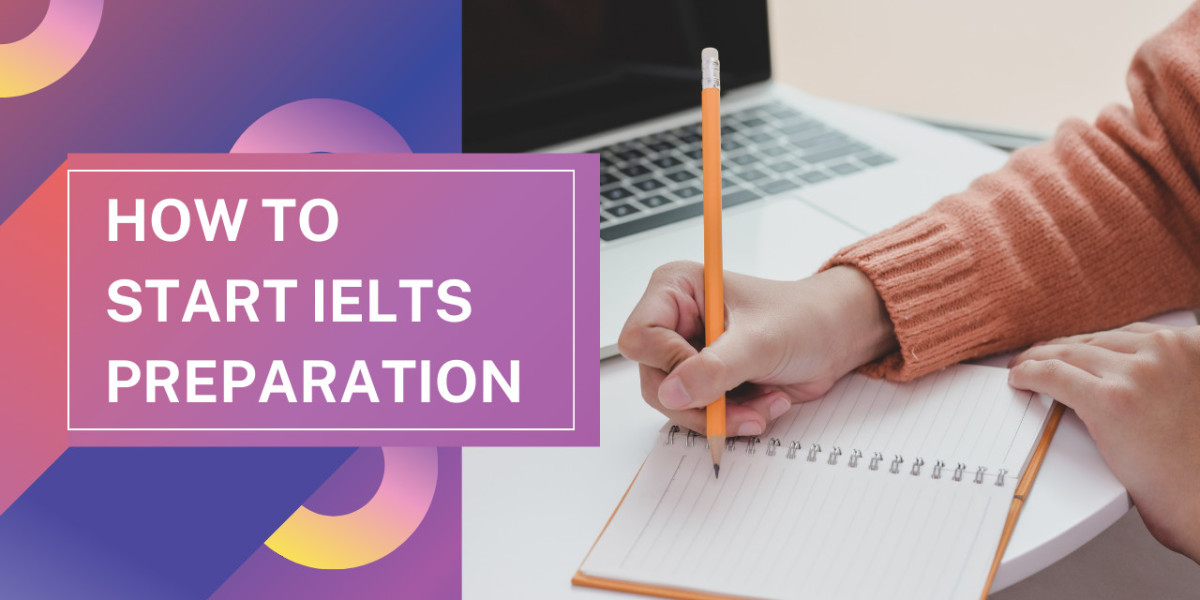The International English Language Testing System (IELTS) is a crucial hurdle for many aspiring international students and professionals. Acing this exam unlocks doors to universities and workplaces worldwide. But navigating the preparation process can feel overwhelming. This guide equips you with a roadmap to successful IELTS preparation, explores the benefits of coaching, and highlights some of the Best IELTS coaching in Delhi.
Understanding the IELTS Exam
The IELTS comes in two flavors: Academic and General Training. The Academic test is for those pursuing higher education abroad, while the General Training caters to immigration or work purposes. Both assess your English language proficiency across four modules: Listening, Reading, Writing, and Speaking. Each module is scored on a band scale from 1 (lowest) to 9 (highest).
Crafting Your Study Plan
1. Gauge Your Baseline:
Before diving in, assess your current English language skills. Take practice tests available online from the official IELTS website or reputable test prep companies. This helps identify areas requiring the most focus.
2. Set Realistic Goals:
Aim high, but be realistic. Base your target score on the specific requirements of your university or immigration program. Factor in the time you can dedicate to preparation.
3. Structure Your Schedule:
Allocate dedicated study time each day or week, incorporating all four modules. Consistency is key for optimal learning.
4. Embrace a Variety of Resources:
Official IELTS Materials: Utilize official resources like the IELTS Test Partner websites . These offer valuable practice tests, sample questions, and tips.
IELTS Books: Reputable publishers like Cambridge and Oxford offer comprehensive IELTS prep books covering grammar, vocabulary, and test-taking strategies.
Online Resources: Numerous websites and apps provide practice tests, vocabulary builders, and interactive lessons. Explore free and paid options to find what suits your learning style.
5. Immerse Yourself in English:
Surround yourself with the English language – watch movies and documentaries, listen to podcasts and audiobooks, read newspapers and articles. This enhances your understanding of natural English usage.
Benefits of Coaching
While self-study is certainly viable, enrolling in IELTS coaching in delhi offers distinct advantages:
Structured Learning: A well-designed course provides a clear roadmap for covering all sections of the exam.
Expert Guidance: Experienced instructors offer personalized feedback, address weaknesses, and equip you with effective test-taking strategies.
Mock Tests and Feedback: Coaching institutes often conduct regular mock tests, simulating the real exam environment. You receive detailed feedback to identify areas for improvement.
Study Material and Resources: Many coaching centers provide comprehensive study materials, practice tests, and access to online resources.
Motivation and Support: A supportive learning environment keeps you motivated and focused on your goals
Conquering the IELTS: Your Starting Point
Acing the IELTS requires a strategic plan. Here's how to jump-start your preparation:
Know the Test: Familiarize yourself with the format and scoring of each section (Listening, Reading, Writing, Speaking). Resources like the official IELTS website offer free sample tests and detailed explanations.
Self-Assessment: Take a practice test to gauge your current level. This helps identify strengths and weaknesses, allowing you to focus your efforts effectively.
Gear Up: Invest in quality study materials. Official IELTS practice materials or reputable course books provide a solid foundation. Explore online resources like practice tests and tutorials for a more interactive approach.
Vocabulary Power: Building a strong IELTS vocabulary is crucial. Read widely, incorporating newspapers, magazines, and academic journals. Actively learn new words by using flashcards or spaced repetition apps.
Active Listening: Immerse yourself in English. Watch English movies and TV shows, listen to podcasts, and engage in conversations with native speakers. Focus on understanding accents and following conversations at speed.
Acing Your IELTS: How to Kickstart Your Preparation
The IELTS can be a daunting hurdle, but with a strategic plan, you can conquer it! Here's how to kickstart your preparation:
Know the Test: Familiarize yourself with the IELTS format, task types, and scoring criteria. Official resources from IDP and British Council offer valuable information.
Target Your Weaknesses: Take a practice test to identify areas needing improvement. Focus on strengthening your vocabulary, grammar, and reading comprehension for all sections.
Practice Makes Perfect: Immerse yourself in the English language. Listen to podcasts, watch English news channels, and read a variety of materials. Practice writing essays under timed conditions.
Find Study Resources: Utilize official IELTS practice materials, online courses, or consider an IELTS prep course for structured guidance.
Mock Tests are Key: Regularly take mock tests to simulate exam conditions and refine your time management skills.
Conclusion:
By understanding the test, pinpointing your weaknesses, and diligently practicing, you'll be well on your way to IELTS success. Remember, consistency is key. Start your prep journey today and achieve your desired score!
FAQs
1. How much time should I dedicate to preparation?
The ideal preparation time varies depending on your current English level and target score. Generally, aiming for 2-3 months with dedicated daily practice is recommended.
2. What resources are available for studying?
There's a wealth of resources available! Official IELTS materials, practice tests from reputable sources, online courses, and textbooks specifically designed for IELTS preparation are all valuable tools.
3. Should I join an IELTS preparation course?
Yes, IELTS Preparation courses can be beneficial, especially if you prefer structured learning and want guidance from experienced teachers. However, effective self-study is also achievable.
4. How can I improve my listening skills?
Immerse yourself in English! Watch English movies and TV shows, listen to podcasts and audiobooks, and find online resources with listening exercises tailored for the IELTS format.
5. How can I practice speaking for the IELTS?
Find a language exchange partner or join online communities where you can converse with native speakers. Practice speaking on IELTS-related topics and record yourself to identify areas for improvement.















